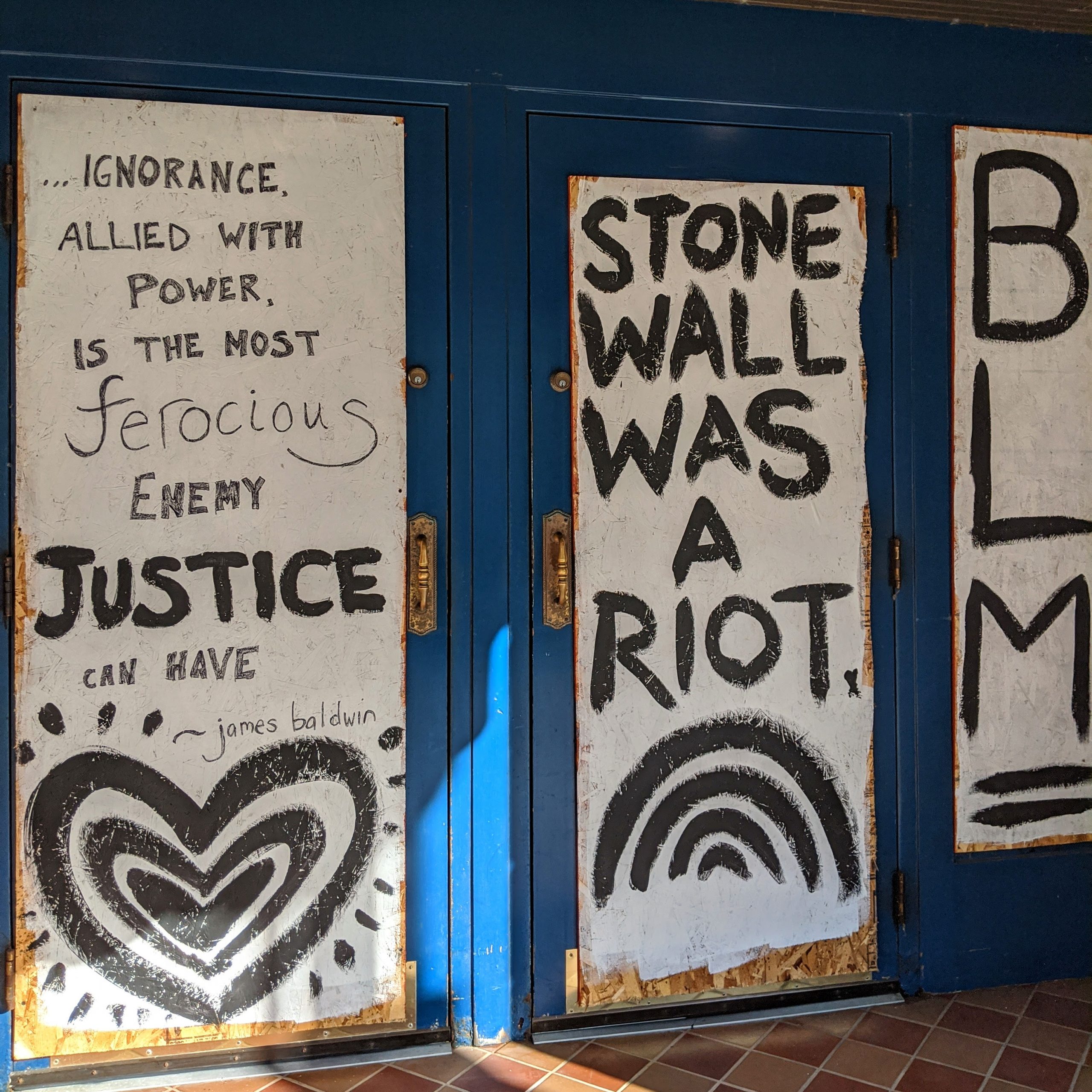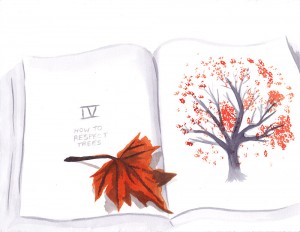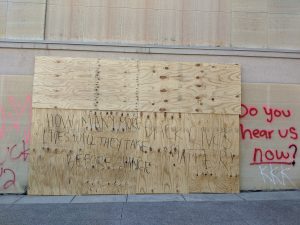The United States has been at war for 225 out of 243 years, or 93% of its history. The majority of our military endeavors are interference in other nations’ politics. Since 1946, we have used military might in more than 188 foreign military interventions and 117 partisan electoral interventions. To call us the “policeman” of the world is an understatement.
But our use of destructive force on the rest of the world is invisible in daily Americans’ civilian lives. Most of us can’t fathom what it’s like to have our lives and our property–our homes, businesses, and cultural hubs–in the crosshairs of someone else’s state sanctified destruction.
And we absolutely do destroy the places we send troops, as a part of what the US government orders as “justice.” We dropped 400,000 tons of napalm on Vietnam, destroying lives and agriculture. We looted places like sub-Saharan Africa, China, and India in the name of “lawful collecting” for our museums, the spoils of war. We led an airstrike in Raqqa, Syria, in 2017, that reduced the city to rubble. The airstrikes killed and injured 1,600 civilians, including the deaths of 200 children, and decimated 11,000 buildings. But all of that is considered lawful, and therein lies its distinction from the action today in American streets.
Maybe that’s why so many people are quick to condemn looting and rioting in the midst of protest. Conceptually, we understand that war on foreign shores is destructive, but we never see it. Plus, serving in the military is a paid and lawful job, whereas protesting is not. When it’s the government paying for destruction of property (and lives), we see it differently. We see destruction as an inevitable byproduct of keeping Americans safe, if we register our presence in other countries as being destructive at all.
But protestors. Protestors go “too far.” Protestors challenge the law, so we do not have a paradigm to justify their actions, even if we agree with the injustices that protestors stand against. We want protestors to protest the “right way,” and for the public to repay any damage that touches us, even if an excessively militarized police force is what incited the civil unrest in the first place. We defund people before we defund police.
Except don’t we have a paradigm to understand all this? Did people not cry when they read and watched every version of Les Misérables, when the French soldiers massacred the young revolutionaries? Did people who watched and listened to Hamilton over and over again, not have a visceral reaction to the argument between Jefferson and Washington, “The people are leading!” “The people are rioting, there’s a difference.” Did people not cheer when that radicalized vigilante Luke Skywalker destroyed the Death Star, aka the empire’s property? We know where our sympathies lie symbolically in stories, even if we don’t translate it to real life.
This isn’t to say that we should be glad about destruction of property, like the small businesses that have already suffered during this pandemic. That’s one of the first accusations people make of those of us who argue on behalf of protecting people over property. All these accusations do is gaslight, shift blame, and create division. I can say for myself personally that I have no romantic delusions of what a revolution is. I am the daughter of a man who lived through the Cultural Revolution, which resulted in not only the injuries and deaths of people, but also the destruction of schools, businesses, and cultural artifacts that were thousands of years old. My mother lived under Martial Law in Taiwan, the “White Terror” that followed the 228 massacre. Again, I have no delusions about the gravity of the implications of where we are as a society right now and what could happen next. Our social inequities have gone unaddressed for long enough to destabilize us, and that’s an unnerving place for a nation to be.
But if we want to understand the overarching societal reactions to this moment, we would do well to remember what shapes our biases. The US has been at war for 225 years, 93% of its history. Our state-sanctioned violence and destruction in the name of law and order is deeply, culturally ingrained in us. We have always seen it as normal to destroy property AND lives on behalf of the law. And we have always seen it as abnormal to destroy property in protest of unjust law.




